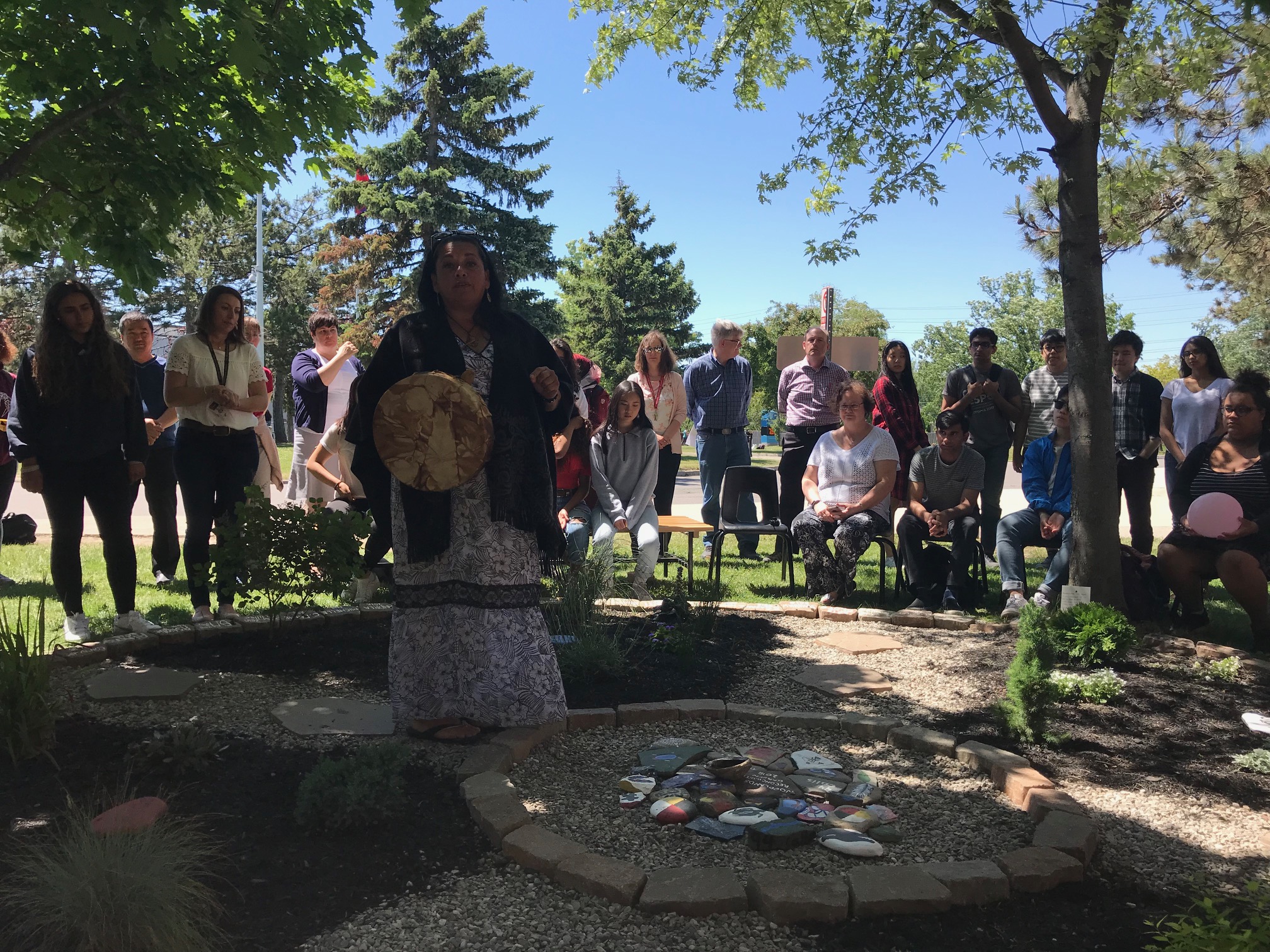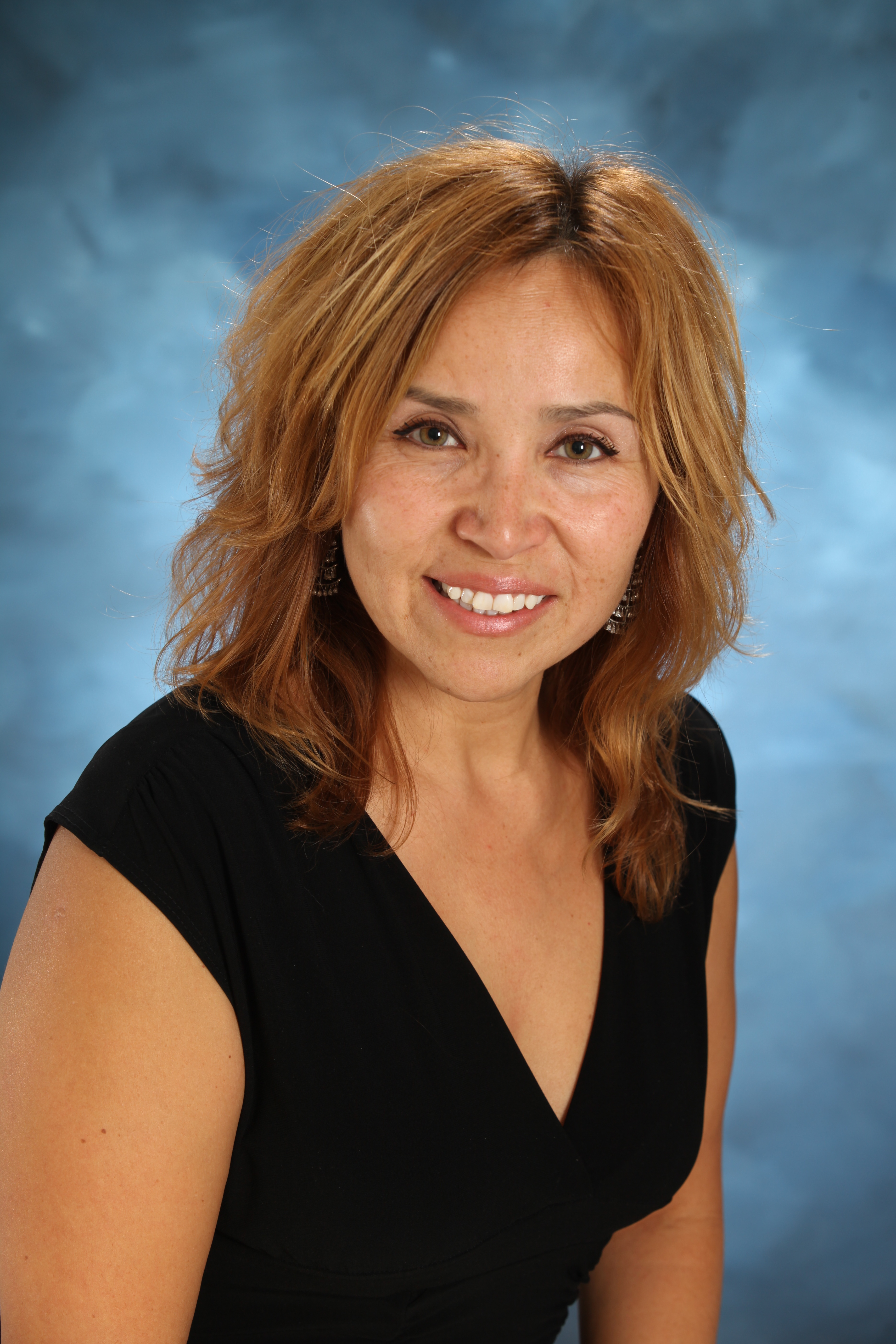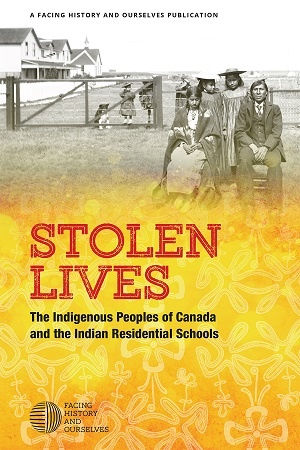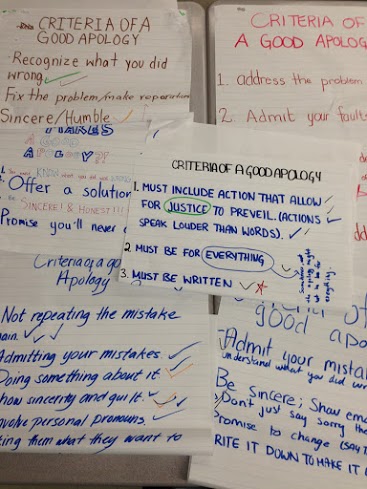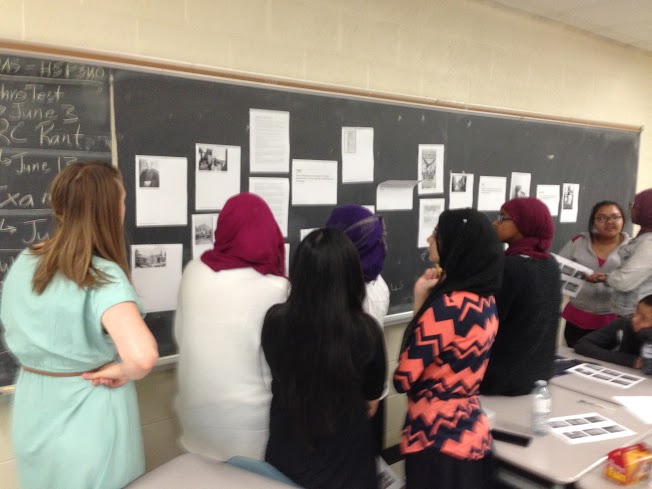This spring, Facing History and Ourselves, in partnership with the Azrieli Foundation Holocaust Survivors Memoir Program, invited 175 students from 6 schools to layer onto their learning about the history and legacies of the Holocaust, or of Canada's Residential Schools by reading Survivor memoir. Students read Theodore Fontaine’s Memoir Broken Circle: The Dark Legacy of Indian Residential Schools, or excerpts of Nate Leipciger’s Memoir The Weight of Freedom, then created pieces that reflected their understanding and responses to these testimonies, which were gifted to each Survivor.
Creating Meaningful Responses to Memoir and Engaging in Reciprocity
Posted by Alysha Groff on June 21, 2019
Topics: Toronto, Holocaust, Memoir, Facing History and Ourselves, Survivor Testimony, Canada, Residential Schools, Canadian History, Student Work, project, genocide, Holocaust and Human Behaviour, reflection, Connected Learning, Grade 10 History, HSB, CHC, difficult conversations, trc, stolen lives, facing history pedagogy, Azrieli Foundation Memoirs, Decolonizing Schools, Holocaust History in Canada, Facing Canada, cross curricular teaching and learning, collaborative inquiry
Taking Steps Together: One Year after the Decolonizing Schools Project
Posted by Jasmine Wong on June 14, 2018
In spring of 2017, five high schools from across the GTA participated in “Decolonizing Schools Together,” a project started by Facing History and Ourselves’ Canadian office in consultation with Traditional Ojibway Grandmother, Kim Wheatley, Shkoden Neegan Waawaaskonen,of Shawanaga First Nation. Recently, we spoke to Kim and to the teachers who supported students through the Decolonizing Schools Together Project to share their reflections and progress.
Topics: Grade 10 History, HSB, CHC, trc, stolen lives, settler educators, Equity in Education, Decolonizing Schools
Helping Teachers to Be Conscious Allies: Honouring and helping heal Indigenous (and non-Indigenous) students
Posted by Dr. Pamela Rose Toulouse on March 23, 2018
Dr. Pamela Rose Toulouse, associate professor in the Faculty of Education at Laurentian University, 3M National Teaching Excellence Fellow and author of Achieving Indigenous Student Success, and Truth and Reconciliation in Canadian Schools frames the role educators can play as allies to Indigenous (and non-Indigenous) students and shares with us several key resources for how to do so.
Topics: Teaching Strategies, Residential Schools, HSB, CHC, difficult conversations, trc, stolen lives, facing history pedagogy, settler educators, Treaty, Sacred Circle Teachings
On January 27 - the anniversary of the liberation of Auschwitz-Birkenau - the United Nations General Assembly and its member states commemorate International Holocaust Remembrance Day. On this day, (indeed every day) we remember the victims of the Holocaust and remind ourselves of the importance of teaching and learning about the Holocaust for the prevention of future genocides. Here are few blog posts that highlight a variety of approaches to teaching this important history. We hope these will inspire and assist you as you prepare for this day of remembrance and learning.
Topics: Holocaust, Holocaust Education, Middle School, Holocaust and Human Behaviour, Inquiry, Grade 10 History, HSB, CHC, Anne Frank, international holocaust remembrance day
Cultural Genocide in Canada: Challenging institutionalized racism and moving towards Reconciliation
Posted by Kristen Drury on February 14, 2017
One of the reasons why I love teaching is that I can open students’ eyes to injustices that exist today - injustices like the missing and murdered Indigenous women - and the ways in which they can promote change. The grade 12 Challenge and Change course provides the ideal opportunity to raise these issues, and Facing History’s approach, strategies, and readings give me the tools to authentically engage students.
Indigenous Cultures, Language, and the TRC through an Anthropological Lens (Part 2)
Posted by Mike Elias on July 11, 2016
Throughout the unit we had students critically reflect at the end of each lesson on what was covered and fill out a Connect- Extend- Challenge worksheet. This activity extends beyond the traditional K-W-L chart as students reflect upon previous learning, using it to foster further discussion and guide inquiry.
Indigenous Cultures, Language, and the TRC through an Anthropological Lens (Part 1)
Posted by Kristen Drury on July 4, 2016
Indigenous Canadians and their cultures should not remain solely in Canadian history courses. They are not extinct, they are not remnants of our past; they are living, breathing, human beings that should have the ability to contribute to our contemporary discourse. Their voices are vital to understanding the Canada that we live in today, and the Canada that we want to live in the future. We feel that students should be exposed to their narrative through a variety of social science and historic lenses in order for us as Canadians to move towards reconciliation. Furthermore, Indigenous studies should not be a “token” topic on a worksheet or organizer. It should be give the same time and examined in as much depth as any other major topic in the curriculum. With this in mind, our goal for our grade 11 social science course “Introduction to Anthropology, Sociology and Psychology” was to find a way to include Indigenous voices, allowing students opportunities to grapple with historic and contemporary issues. Through private reflection, students were very open about their unintentional ignorance and embraced the challenge and opportunity to explore the First Nations, Metis and Inuit Peoples in Canada. It is with this in mind, that we incorporated the resource Stolen Lives as a focal point for our cultural anthropology sub- unit.

.jpeg)
